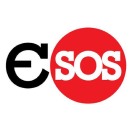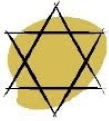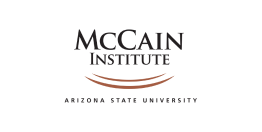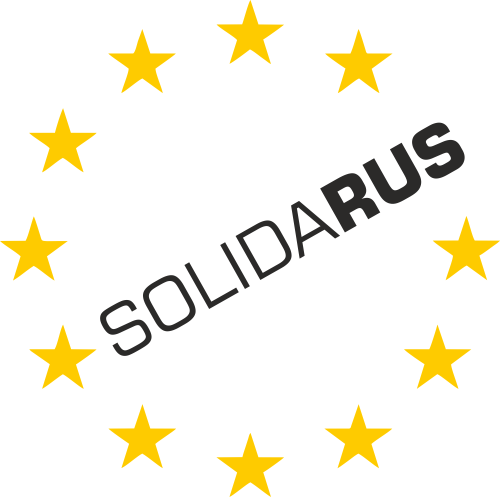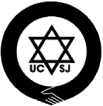The Kremlin’s Political Prisoners: The Case of Oleg Sentsov
Oleg Sentsov is a Ukrainian film director and outspoken Putin critic who was convicted in August 2015 of organizing a terrorist community (Criminal Code Article 205.4(1)), terrorist acts (Article 205), and possession of weapons and explosives (Article 222). Sentsov was accused of creating a Crimean branch of the Right Sector, a Ukrainian nationalist group banned in Russia, and helping it commit arson attacks on proKremlin organizations in Crimea.
Sentsov’s rights have been violated throughout his arrest, detention, conviction, and imprisonment. Upon his initial detention on the night of May 10, 2014, he was beaten, strangled with a plastic bag, and threatened with rape and murder if he did not confess to committing terrorist acts. He was denied access to counsel for the first 17 days of his detention, transferred to Moscow against his will, and investigated and tried there despite being a Ukrainian citizen. He was again tortured, and even appeared in a court hearing with visible bruising. His trial was widely condemned – Amnesty called it “an extremely cynical show trial” and PEN International described it as “grossly unfair.” The evidence against Sentsov was extremely weak – the key prosecution witness recanted his prior testimony implicating Sentsov, stating that it had been given under torture, and several significant allegations against Sentsov were not supported by any evidence at all. Even the Right Sector itself denies that Sentsov was involved with it. Despite this, he was convicted and sentenced to 20 years’ imprisonment.
Sentsov captured the world’s attention in 2018 after engaging in an extended hunger strike demanding that the Kremlin release all Ukrainian political prisoners. After 145 days, he was forced to end it due to threats of forced feeding by the authorities.
The Kremlin’s treatment of Sentsov has been universally condemned. The US State Department called his conviction a “clear miscarriage of justice,” noting that he was “targeted by authorities because of [his] opposition to Russia’s attempted annexation of Crimea.” The European Parliament awarded Sentsov its 2018 Sakharov Prize for Freedom of Thought, “expressing its solidarity with him and his cause.” In its 2018 Concluding Observations, the UN Committee Against Torture insisted that Russia “should take immediate measures to put an end to the practice of torture in Crimea, including for the purpose of pressuring, punishing and/or extracting confessions from political opponents and activists such as Oleg Sentsov.”



